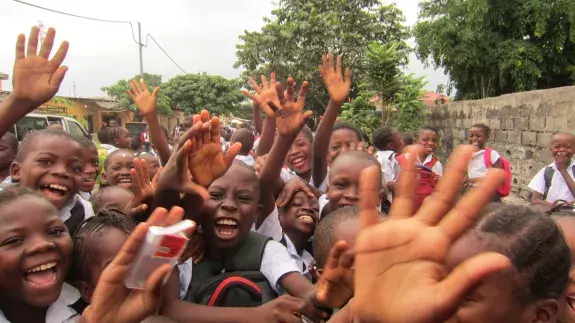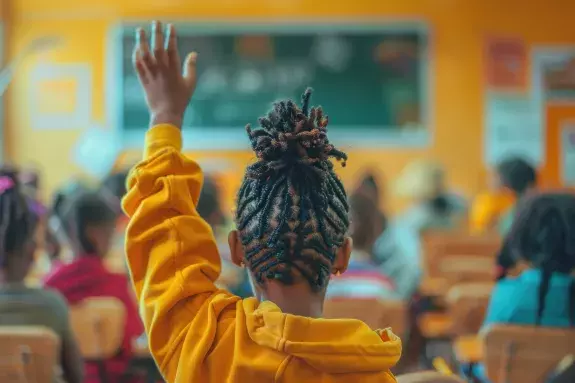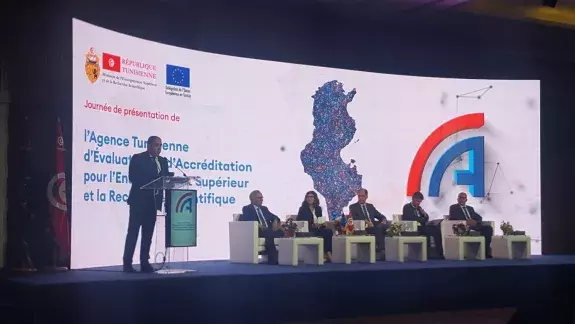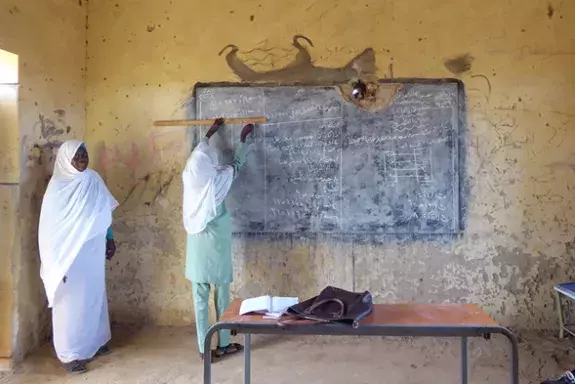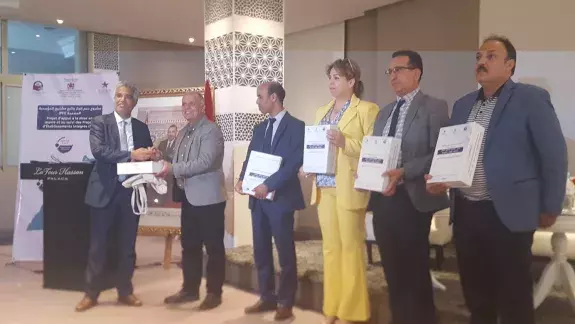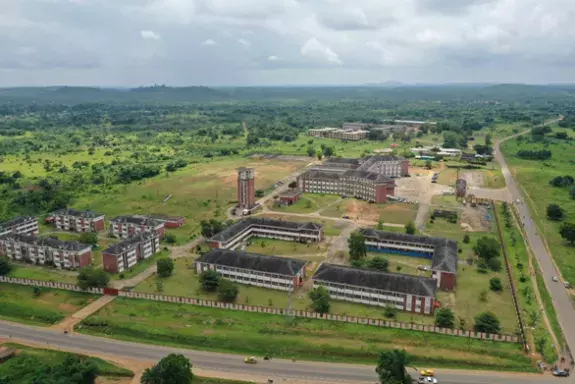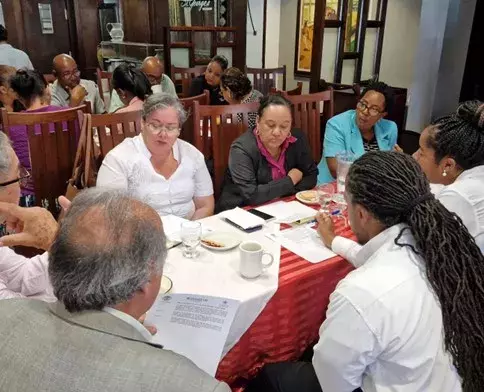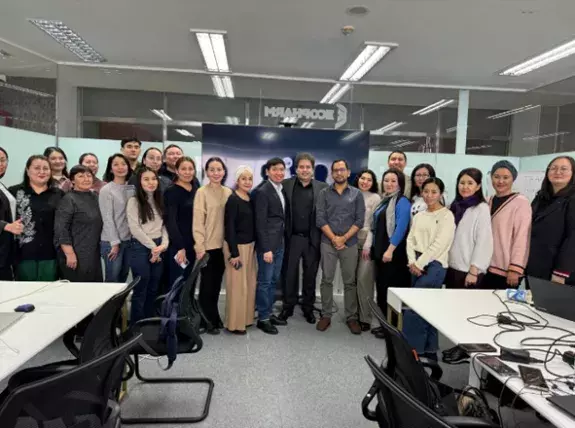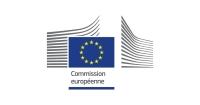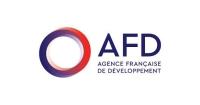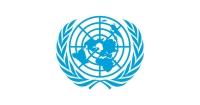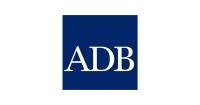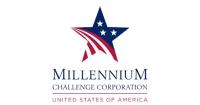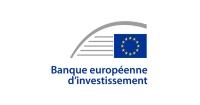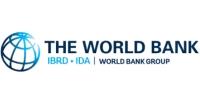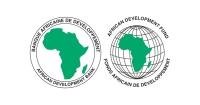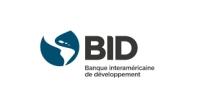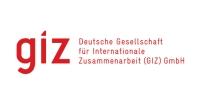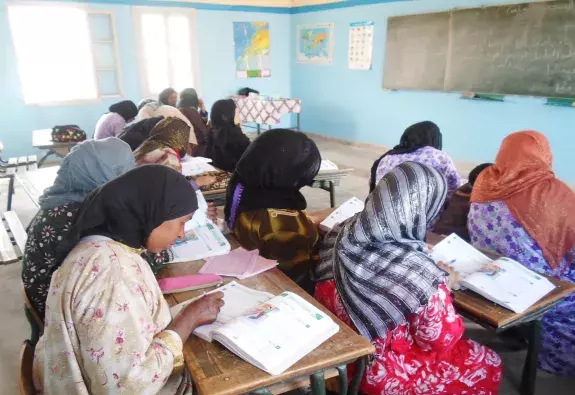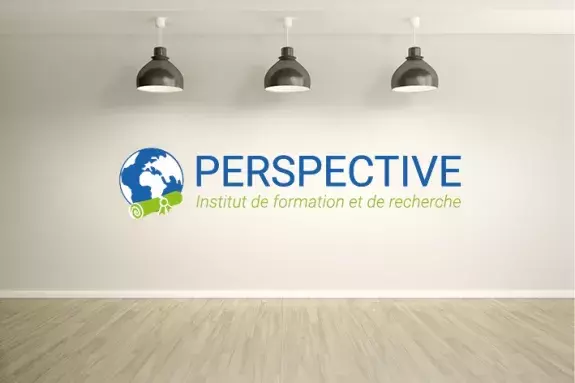Education
Education is essential for human and economic development.
Ginger SOFRECO is committed to strengthening education systems to ensure inclusive, equitable and quality learning.
Projects
Years of experience
Experts mobilised
Areas of expertise
We support governments and institutions in strengthening their education systems to ensure equitable access to quality education. Our work covers the entire educational spectrum, from basic to higher education and research. We provide expertise in reviewing curricula, improving student and teacher assessment systems, and setting up quality assurance systems to enhance the effectiveness of education policies.
Basic education (pre-school, primary and secondary levels)
Higher education and research
Curriculum review
Student and teacher evaluation systems
Quality assurance systems
Basic education (pre-school, primary and secondary levels)
We support governments and institutions in strengthening their education systems to ensure equitable access to high-quality basic education. Our work covers several strategic areas:
- Support for education policies: support for the development and implementation of national strategies for basic education that take issues of inclusion and equity into account
- Development of management and planning tools: development of decision-making tools to improve the governance of the education sector and optimise resource allocation
- Support for access to and retention in the education system: establishment of programmes to reduce school drop-out rates, particularly for girls and vulnerable groups
- Curriculum development: designing and modernising of school curricula to meet the needs of learners and the requirements of the labour market
- International assessments: supporting countries' participation in international assessments (PISA, TIMSS, EGRA, etc.) in order to measure the performance of education systems and to guide reforms
- Design and implementation of Education Management Information Systems (EMIS): development and deployment of digital solutions for monitoring educational indicators and improving decision-making
Our teams mobilise technical expertise and adopt a participative approach to support educational reforms and guarantee sustainable improvements in the quality of education.
Our references in education
Dedicated teams
Ginger SOFRECO's Education Department relies on a multidisciplinary team of project managers and experts specialised in education, vocational training and employment. With backgrounds in project management, international cooperation, sociology and anthropology, our staff possesses recognised expertise in skills development, basic education, higher education, inclusive education and education in emergency situations.
With solid experience in the field across every continent, our teams coordinate and manage large-scale projects in collaboration with international funding agencies as well as local operators.
people
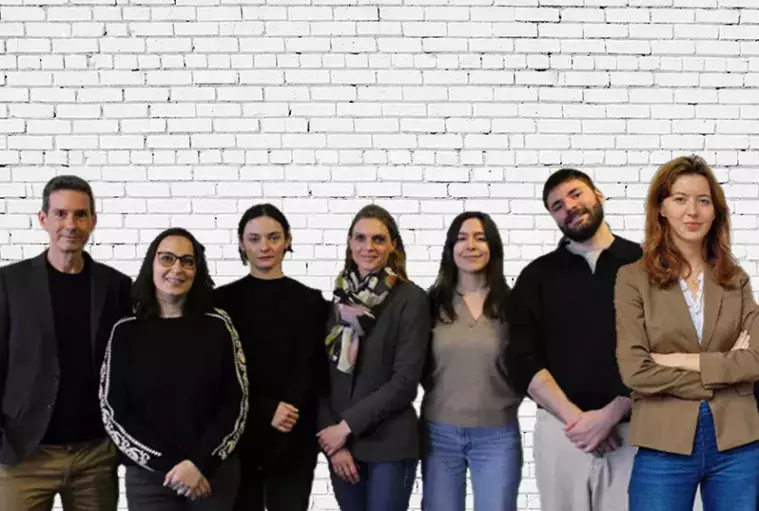
They trust us
CHALLENGES AND PROSPECTS
Digitalisation and AI in the education sector
Digitalisation and artificial intelligence (AI) are transforming the education sector profoundly by making learning more accessible, personalised and interactive. E-learning platforms, performance monitoring tools and virtual assistants enable educational programmes to be tailored to each learner's needs. According to UNESCO, the global market for educational technology could be worth US$404 billion by 2025, illustrating the boom in digital solutions.
AI is also helping to automate assessments, optimise curricula and develop immersive environments via augmented reality. However, these innovations raise challenges in terms of accessibility, data protection and teacher training on the use of these new tools. Thoughtful and inclusive integration of digitalisation in education is essential for reducing inequalities and promoting the acquisition of skills.
USD billions by 2025
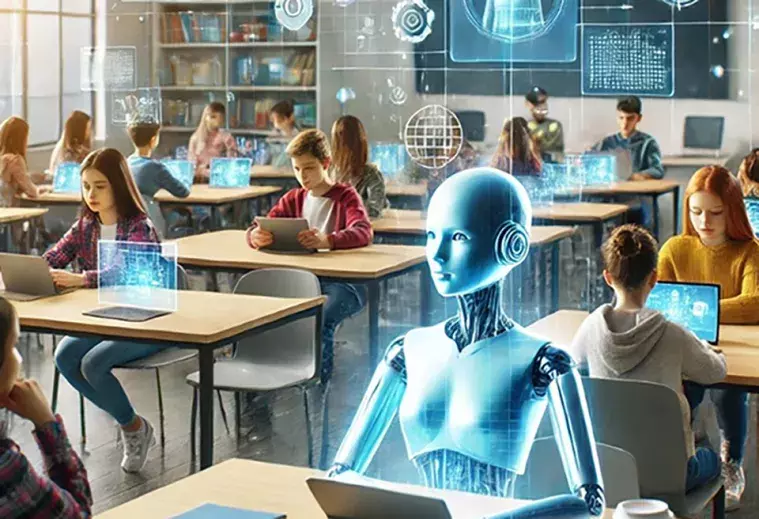
Contact us
